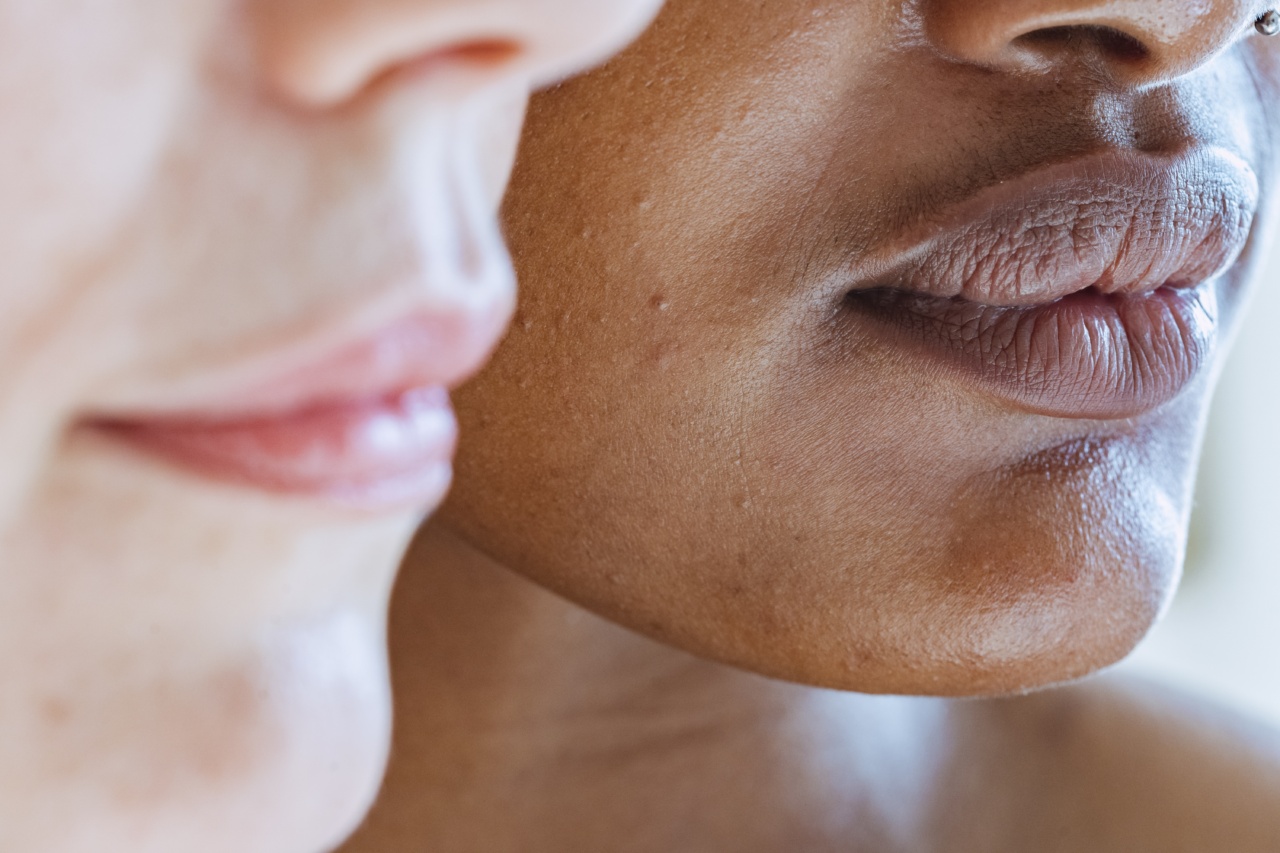Your skin is your body’s largest organ and it plays a crucial role in protecting your body from environmental toxins, bacteria, and other harmful agents.
Not only does it have an important function, but it also serves as a noticeable aesthetic feature that can boost your confidence and make you feel good about yourself.
Unfortunately, achieving and maintaining healthy, clear, and radiant skin can be a challenge. There are countless factors that contribute to skin imperfections, such as hormonal imbalances, stress, poor diet, environmental pollutants, and sun damage.
The good news is that there are plenty of simple and effective ways to improve your skin health, and this ultimate guide will show you how to achieve flawless skin.
1. Understand Your Skin Type
Before you start any skincare regimen, it’s essential to understand your skin type. There are four different skin types: oily, dry, combination, and sensitive.
Each skin type requires different types of products and treatments, so it’s important to address your specific skin concerns.
If you have oily skin, you may experience excess oil, clogged pores, and acne. If your skin is dry, you may experience flakiness, rough texture, and itchiness.
Combination skin has both oily and dry areas, while sensitive skin is easily irritated by certain products or environmental factors.
2. Develop a Consistent Skincare Routine
A consistent skincare routine is essential for achieving healthy and flawless skin. Your daily routine should include cleansing, toning, and moisturizing.
Cleansing removes dirt and impurities from your skin, toning balances your skin’s pH levels and moisturizing restores moisture and hydration to your skin.
In addition to the basic cleansing, toning, and moisturizing routine, you should also incorporate a gentle exfoliant once or twice a week to remove dead skin cells and promote cell turnover.
Additionally, using a serum or treatment targeted towards your skin concerns, such as acne, dark spots or wrinkles can also be beneficial.
3. Eat a Balanced Diet
What you eat plays a significant role in your skin health. Eating a balanced diet that is rich in nutrients such as vitamins C and E, antioxidants, and healthy fats can help improve your skin’s appearance and prevent damage.
Some foods that are great for your skin include fruits such as berries, citrus fruits, and avocados, leafy greens such as spinach and kale, and fatty fish such as salmon and mackerel, which provide omega-3 fatty acids.
Drinking plenty of water also helps hydrate your skin and prevent dryness.
4. Get Enough Sleep
Sleep is essential for your overall health, and it also plays a critical role in your skin’s health. Lack of sleep can lead to dark circles, puffiness, and bags under your eyes, as well as premature aging.
A good night’s rest allows your body to repair and regenerate your skin cells, leaving you with a bright, youthful complexion.
5. Protect Your Skin From the Sun
The sun’s harmful UV rays can cause sunburn, premature aging, and skin cancer, so it’s essential to protect your skin when you’re outside.
Always use a broad-spectrum sunscreen with an SPF of at least 30, even on cloudy days, and reapply every two hours. Wear protective clothing such as hats and long-sleeved shirts, and avoid being outside during peak hours when the sun’s rays are strongest, usually between 10 a.m. and 2 p.m.
6. Exercise Regularly
Exercise has numerous benefits for your skin, including increased circulation, reduced stress, and sweat production which can help to cleanse pores.
Regular exercise can also help to heal and reduce skin inflammation, such as acne, sunburns, and wound healing. Aim for at least 30 minutes of moderate exercise five times a week.
7. Manage Stress
Chronic stress can lead to a range of health problems, including skin issues such as acne, rosacea, and eczema. When you’re stressed, your body releases cortisol, a stress hormone that can lead to increased oil production and inflammation in the skin.
Learning relaxation techniques such as meditation, yoga, or deep breathing, can help to reduce stress levels and promote healthy skin.
8. Avoid Smoking
Smoking is not only bad for your overall health, but it can also have a significant impact on your skin. It can cause premature wrinkling, dull complexion, and a loss of elasticity due to the damage it causes to the skin’s collagen and elastin.
If you’re a smoker, quitting is one of the best things you can do for your skin’s health.
9. Limit Alcohol Intake
Drinking too much alcohol can dehydrate your skin and lead to fine lines, wrinkles, and dullness. It also suppresses your immune system, making it harder for your body to repair and fight off skin damage.
If you do drink alcohol, limit your intake to one or two drinks per day and always make sure to drink plenty of water.
10. Consult a Dermatologist
If you’re struggling with severe skin concerns such as acne, eczema, or psoriasis, it may be time to consult with a dermatologist. They can help you diagnose and treat your skin condition effectively, with the latest treatment options available.
Following these tips consistently, along with a healthy diet, exercise, and quality sleep, can help you achieve and maintain healthy, flawless, and radiant skin.
Remember, everyone’s skin is unique, so it may take time to find the best skincare routine for you, but the results are worth the effort.





























